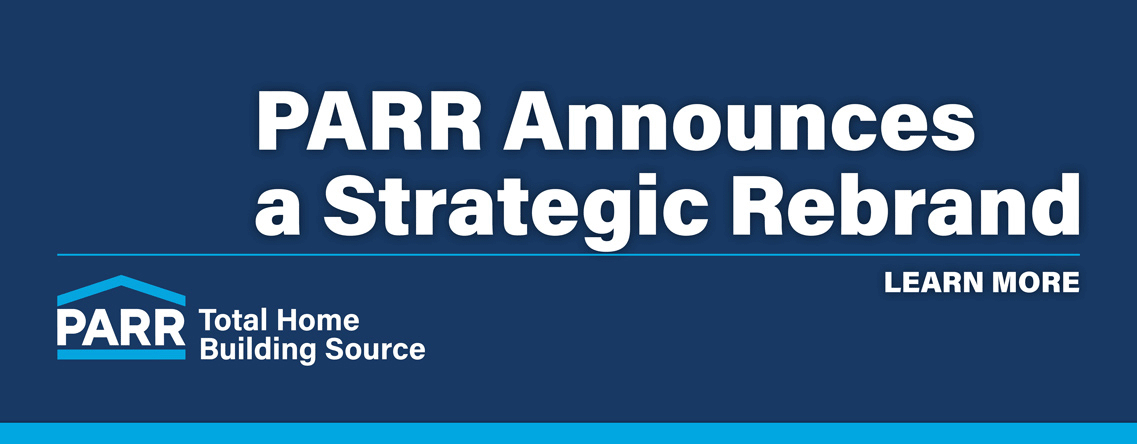Best Raised Garden Bed Materials
Raised garden beds provide a quick and easy way to add color to your yard. These beds can be placed on top of the existing ground or hardscapes like brick or concrete. They provide an easy way to address soil challenges and make controlling and pulling weeds easier.
Raised beds can be constructed with simple designs or you can use existing containers. In this article, we’ll tell you which materials are best for raised garden beds and what materials you should avoid.
Redwood
Redwood is a durable outdoor wood that is most affordable on the West Coast, due to the proximity of the Redwood Forest. It has a high level of tannins that increases its durability and helps repel rot and prevent termite infestations. Raised beds made of redwood can last a decade or more and are rumored to last a bit longer than cedar, especially when heart redwood is used.
Dense redwood, also called heart redwood, construction heart, con heart, or heart B redwood is best for outdoor use. It will last longer than common grade or sapwood redwood.
Cedar
Cedar is another durable outdoor wood that can be used to construct raised garden beds. Like redwood, it has a high level of tannins to help prevent rot and termites and improve durability. Cedar is more affordable on the East Coast, although it can be found throughout the country.
Check out our step-by-step instructions for building a cedar planter box.
Other hardwoods
You can use other hardwoods to construct a raised bed if redwood or cedar is too expensive. These woods are denser and more durable than softwoods. Hardwoods include teak, maple, beech, hemlock, walnut, black locust, and oak. These woods are good for outdoor use but won’t last as long as cedar or redwood.
Softwoods
Some softwoods can be used to construct raised beds, although they won’t last as long as hardwoods, cedar, or redwood. They’re more affordable, making them an attractive option. The best softwoods include douglas fir, pine, spruce, and juniper. Garden beds made from softwoods may last around 4 to 7 years on average.
Other materials
Wine barrels, which are made of oak, can easily be transformed into a raised garden bed. Simply drill drainage holes into the bottom of the barrel, then add soil and plants.
A variety of metal products can also be used for raised beds. Metal beds don’t rot, swell, or shrink with moisture, and don’t require maintenance. Galvanized steel works great in wet climates, as there is a layer of zinc that prevents the metal from corroding and rusting. The zinc isn’t likely to leach into the soil, except under very acidic conditions. Furthermore, zinc is a natural element found in soil that is good for plants of all types. They rely on it for root development, resilience to cold temperatures, and other necessary processes. To create a metal bed, you can use a prefabricated metal container, like an animal feed or water trough, or construct a wood frame and cover it with galvanized steel.
What not to use
Almost as important as knowing what materials to use, it’s also important to know what materials to avoid when constructing a raised bed garden.
Railroad ties should not be used in plantings or landscaping. They are treated with creosote, which is a probable human carcinogen and may inhibit growth or harm plants. The Environmental Protection Agency has issued a warning and banned the use of railroad ties in landscaping and gardening.
Also, treated or pressure-treated lumber should be avoided. In the past, treated lumber used an arsenic-based compound. However, it was shown to leach from the lumber into the surrounding soil. This compound was banned in 2003 and replaced with less toxic copper-based compounds. Although the new compound is safer, it’s best to avoid treated lumber altogether, especially when other options are available.
If you find lumber of unknown origin lying around, it isn’t recommended for use in your garden bed, especially if you’re growing fruits and vegetables. The lumber may be contaminated with toxic chemicals like lead, arsenic, or other heavy metals. It’s best to use virgin wood or lumber that you know the source of.
Rubber tires do not make a good raised bed material. Car tires contain benzene, polycyclic aromatic hydrocarbons, heavy metals, and other substances that are toxic to humans and may leach into the surrounding soil. They should be used only for flowers and other plants you don’t plan on eating.
Lumber-raised beds provide the most design flexibility, allowing you to take advantage of all the available space in your yard. Whether they are square, round, or rectangular, they will help bring color to your yard and healthy fruits and vegetables to your table.
If you have questions regarding a raised garden bed project, contact us to get professional help.

